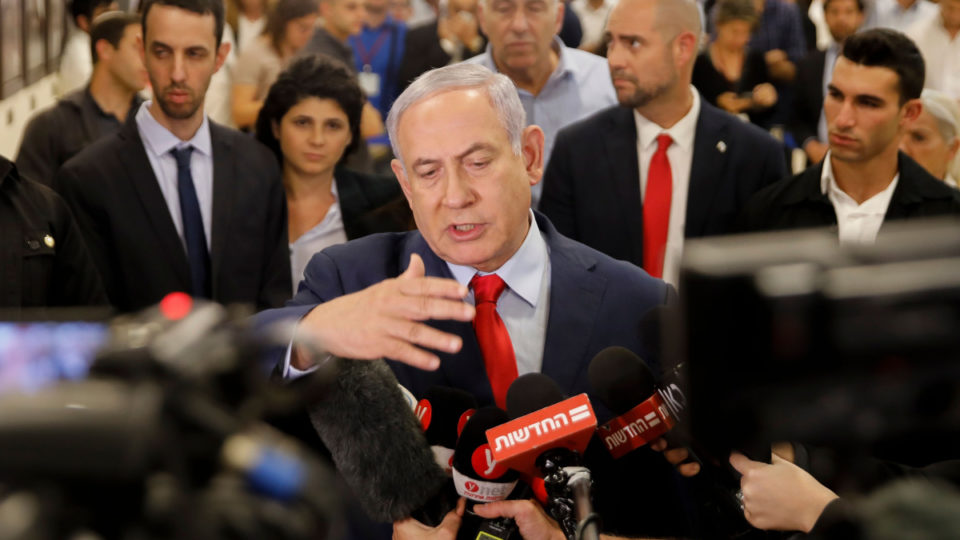Israeli voters face returning to the polls later this year for a second election after veteran Prime Minister Benjamin Netanyahu failed to form a coalition government.
The fresh ballot, set down for September 17, will be the second this year.
It represents unprecedented upheaval, even in a country used to political infighting, and is a blow to Mr Netanyahu, who had claimed victory in the last election on April 9.
It is the first time in Israel’s history that a prime minister-designate has failed to form a coalition.
But Mr Netanyahu’s presumed allies – ex-defence minister Avigdor Lieberman, a far-right secularist, and ultra-Orthodox Jewish parties – were unable to reach a deal, becoming deadlocked on military conscription.
The religious parties do not want young ultra-Orthodox seminary students to be forced to serve in the military.
But Mr Lieberman and many other Israelis want them to share the burden of the country’s mandatory military duty.
The two sides could not to come to an agreement, despite increasingly desperate attempts by Mr Netanyahu to broker a deal. According to the BBC, he even reportedly offered ministerial posts to opponents from the Israeli left – they declined.
Read the article in The New Daily (with AAP).

